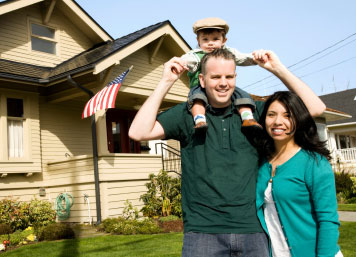
When it comes to energy efficiency, look for smart features and expertise to help you save energy and money and add value to your home.
1. Begin with a Right-Sized Home.
If the home you buy is simply too large for you or your family’s needs or plans, you stand a good chance of wasting energy through excessive heating and cooling costs. If it’s too small, you’ll feel cramped and uncomfortable. It’s a big investment, so seek balance and buy it “right” from the outset.
2. Purchase Energy Star Appliances Such as Your TV, Dishwasher, Washer and Dryer, and Microwave.
And especially the refrigerator, as it alone contributes about 10 percent of the energy use in a home. Also, unplug electronics not in use or turn off power strips to avoid phantom charges.
3. Install Efficient Lighting Such as Compact Flourescent (CLF) or LED Bulbs in Every Fixture.
Lighting accounts for about 6 percent of an energy bill each year.
4. Get an Energy Audit and Have Tests Performed to Identify Ways of Improving Your Efficiency.
You can always upgrade your heating, ventilation, and air conditioning (HVAC) system as well as your thermal envelope, which includes insulation, windows, and doors and the seals or weather stripping around them. Visit energy.gov/energytips for more tips.



